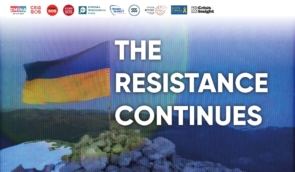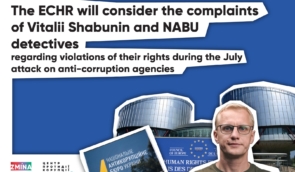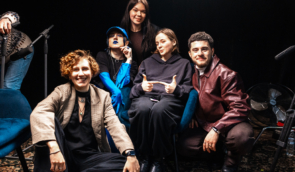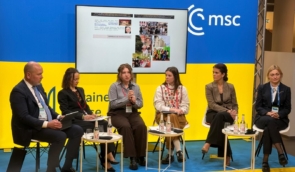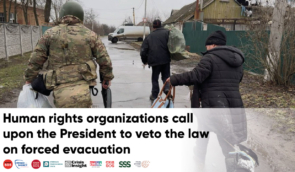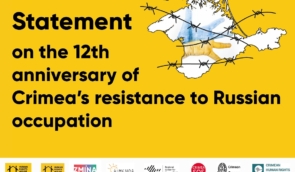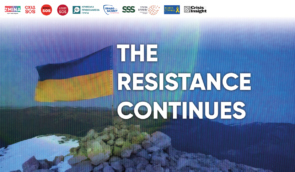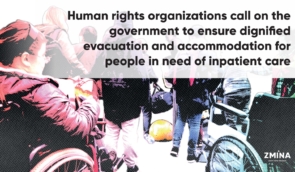From Crimea to Africa, Asia and Latin America: key outcomes of the Third International Conference “Crimea Global”
On 17–18 November 2025, Kyiv hosted the Third International Conference “Crimea Global. Understanding Ukraine through the South”, which brought together more than 200 participants from over 12 countries across Africa, Asia and Latin America, as well as from Ukraine. The event was attended by diplomats, experts, government officials, academics, journalists and human rights defenders, who discussed the security and humanitarian situation in Ukraine, global challenges and the consequences of war, as well as ways to achieve a just peace and restore international order. As in previous years, Crimea remained the main theme of the conference, serving as a symbol of resistance to Russian colonial policy.
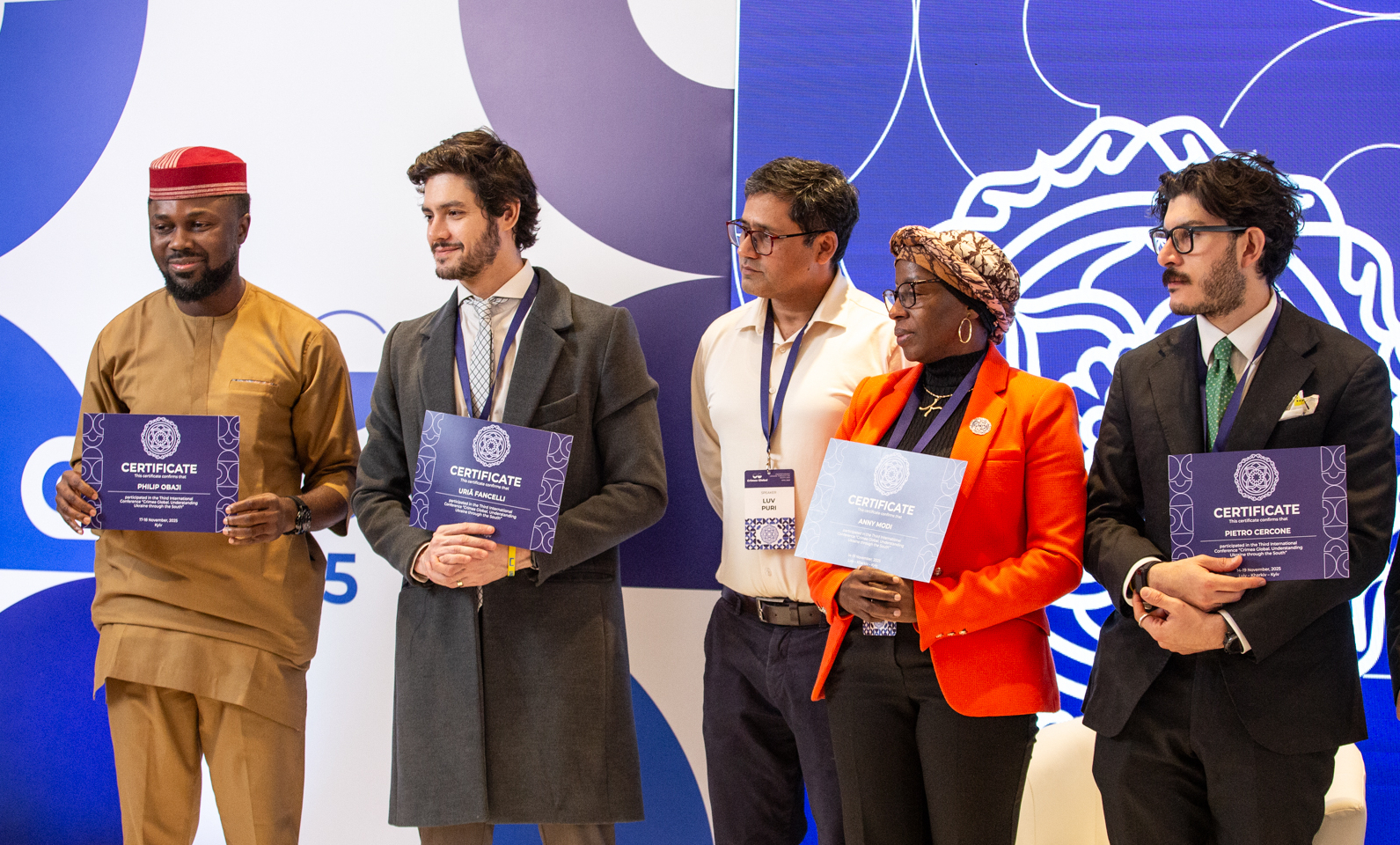
Before the start of the conference, Crimea Global guests began their introduction to Ukraine with visits to Lviv and Kharkiv, where they saw the consequences of Russian attacks, infrastructure solutions for protecting civilians, and projects to support veterans and victims.
Thus, in Lviv on 14 November, conference participants met with Andrii Sadovyi, Mayor of Lviv, and his first deputy, Andrii Moskalenko, at the Lviv City Council, honoured the memory of Ukraine’s fallen defenders at the Field of Honour Burials in Lychakiv Cemetery, and visited the UNBROKEN National Rehabilitation Centre and the Prosthetics and Orthotics Centre.
“I was deeply shocked by the price paid by Ukrainians — thousands of young people gave their lives fighting to defend their land. Being in a space created in their honour moved me deeply and made me realise that this is not just a story we hear on the news — thousands of young men and women are actually dying. And it is time for the world to finally make an effort to stop the killings and end the occupation,” said activist Anny Modi from the Democratic Republic of the Congo.
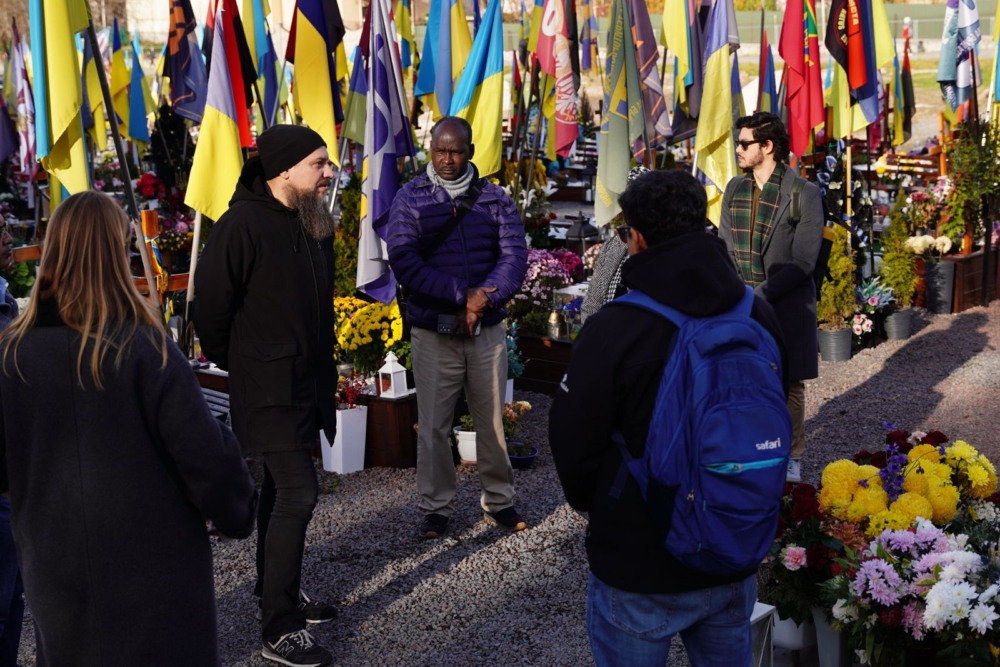
On 15 November, the participants travelled to Kharkiv, where they met with the leadership of the Kharkiv Regional Military Administration, visited Northern Saltivka and saw the extent of the destruction caused by Russian attacks, learnt about Kharkiv’s current security solutions, and visited an underground school, the Korotychanskyi Lyceum. The delegation members honoured the memory of the children who died and laid toys at the monument symbolising lives cut short by war.
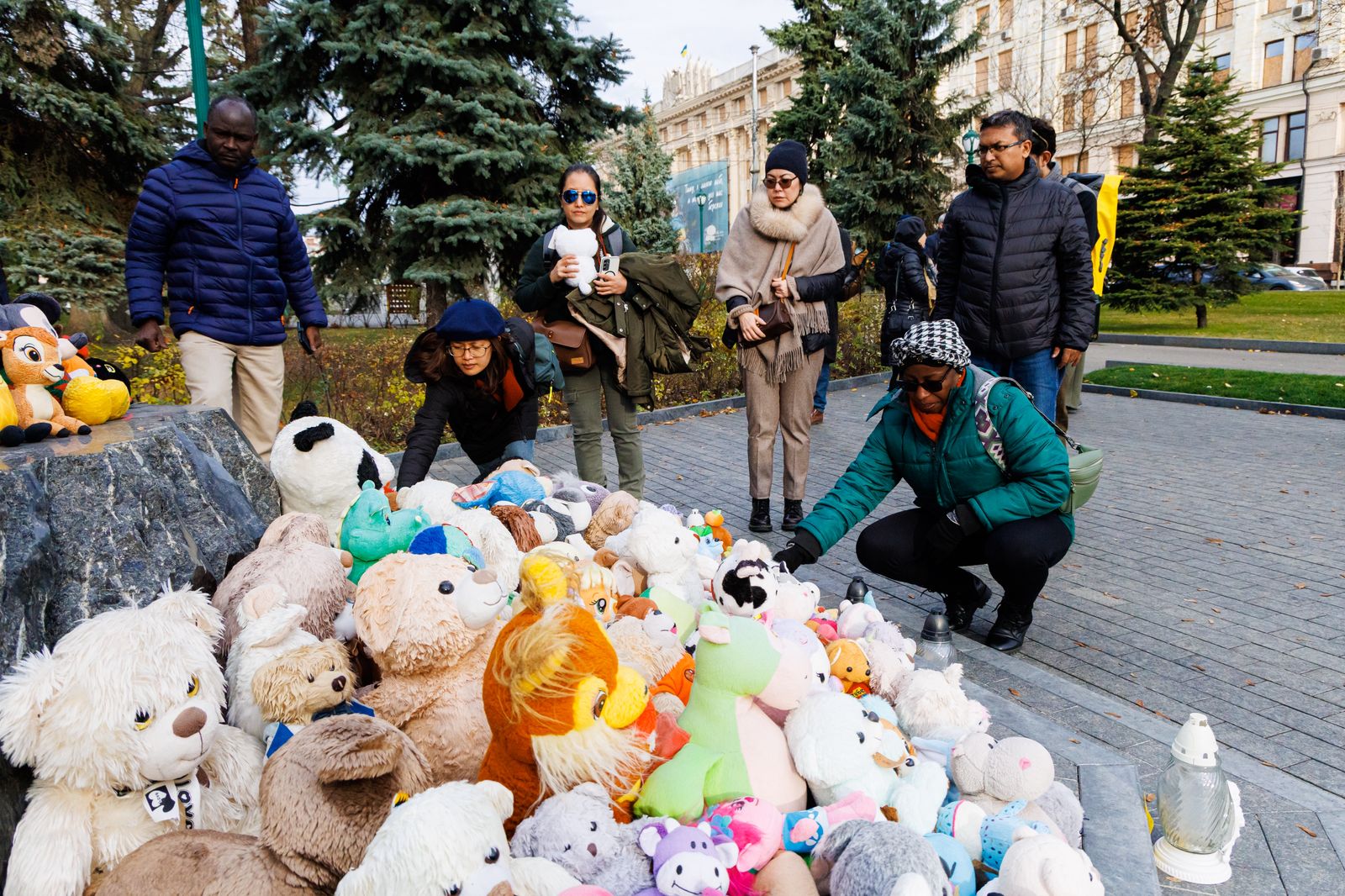
On 16 November, the guests of the “Crimea Global” Conference arrived in Kyiv, where a closed roundtable event “Ukraine’s Resilience in War: Challenges, Responses, and International Support” was held at the Representation Office / Crimea Platform. It aimed to demonstrate to international partners Ukraine’s resilience in confronting Russian aggression, as well as to outline the role of international support.
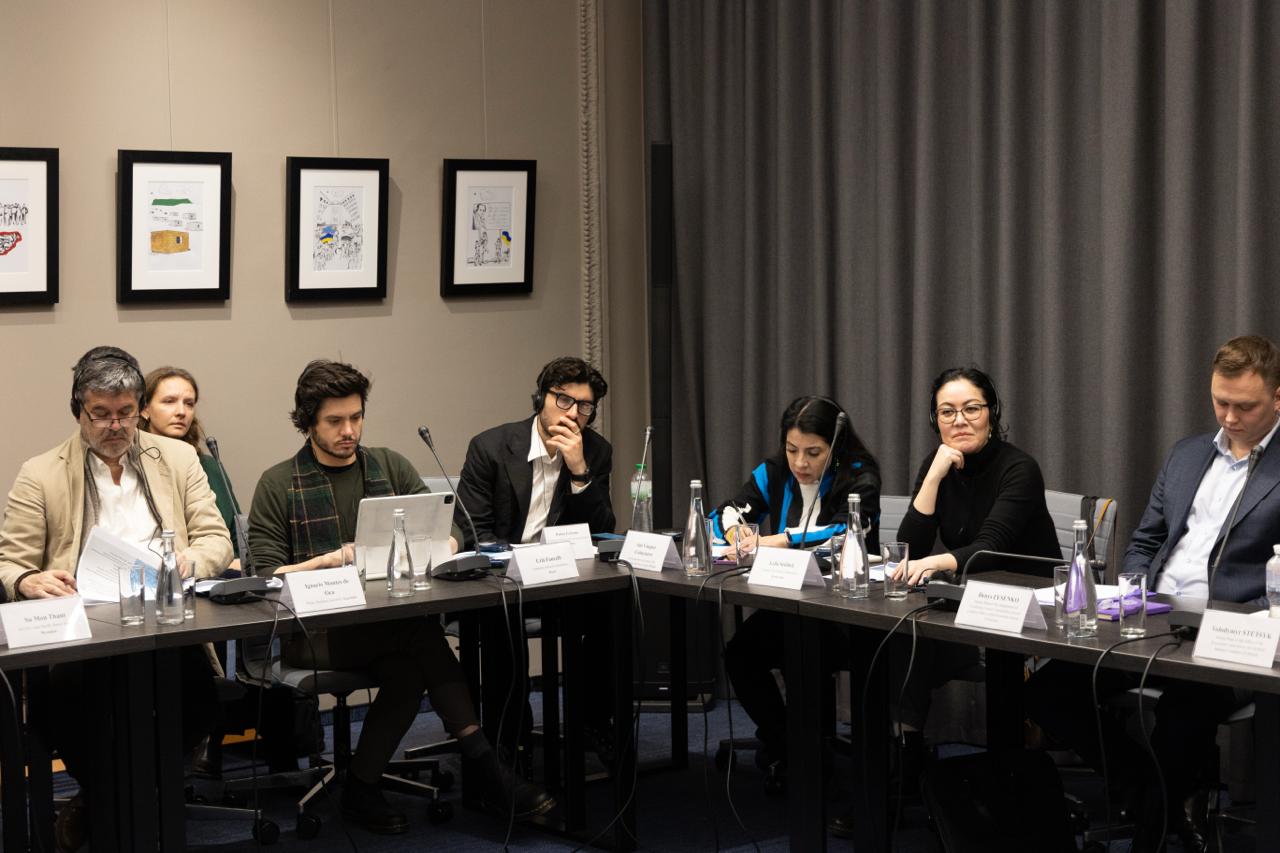
On 17–18 November, seven panel discussions, the commemorative art evening “Memoria Orbis: Memory Holds the World”, and a working meeting between a delegation of journalists from Nigeria, South Africa and Egypt and Ukrainian human rights defenders took place as part of the “Crimea Global” Conference.
The opening ceremony of the conference was launched by Olha Kuryshko, the Permanent Representative of the President of Ukraine in the Autonomous Republic of Crimea.
“The world must not get used to war as something normal. Any attempt to legitimise the occupation is unacceptable and dangerous for the entire international order. We continue to emphasise that Crimea is Ukraine, and the fight for its de-occupation is part of the global fight for justice and the right of every nation to be free,” the Permanent Representative stressed.

During the conference, international guests, Ukrainian civil society, experts and officials discussed how to strengthen Ukraine’s cooperation with countries in Asia, Africa and Latin America. They talked about modern means of waging war against the civilian population, Russia’s recruitment of mercenaries from third countries, the role of the media during conflicts, the role of women in combating violence, and ways to overcome the colonial mindset that unites these countries with Ukraine.
Participants noted that Russia has a strong influence in these regions: it spreads propaganda, recruits people through deception, and supports authoritarian regimes. Human rights defender Leila Seiitbek from Kyrgyzstan noted that Russia’s political pressure on her country is extremely strong: “The regimes of authoritarian countries are built on a common religion, ideology, ideas of governance and the existence of political elites who continue to steal the resources of their own people. They enrich themselves at the expense of the people and remain in power permanently. Russia promises them the opportunity to remain in power permanently, impunity, and political support in the international arena“.
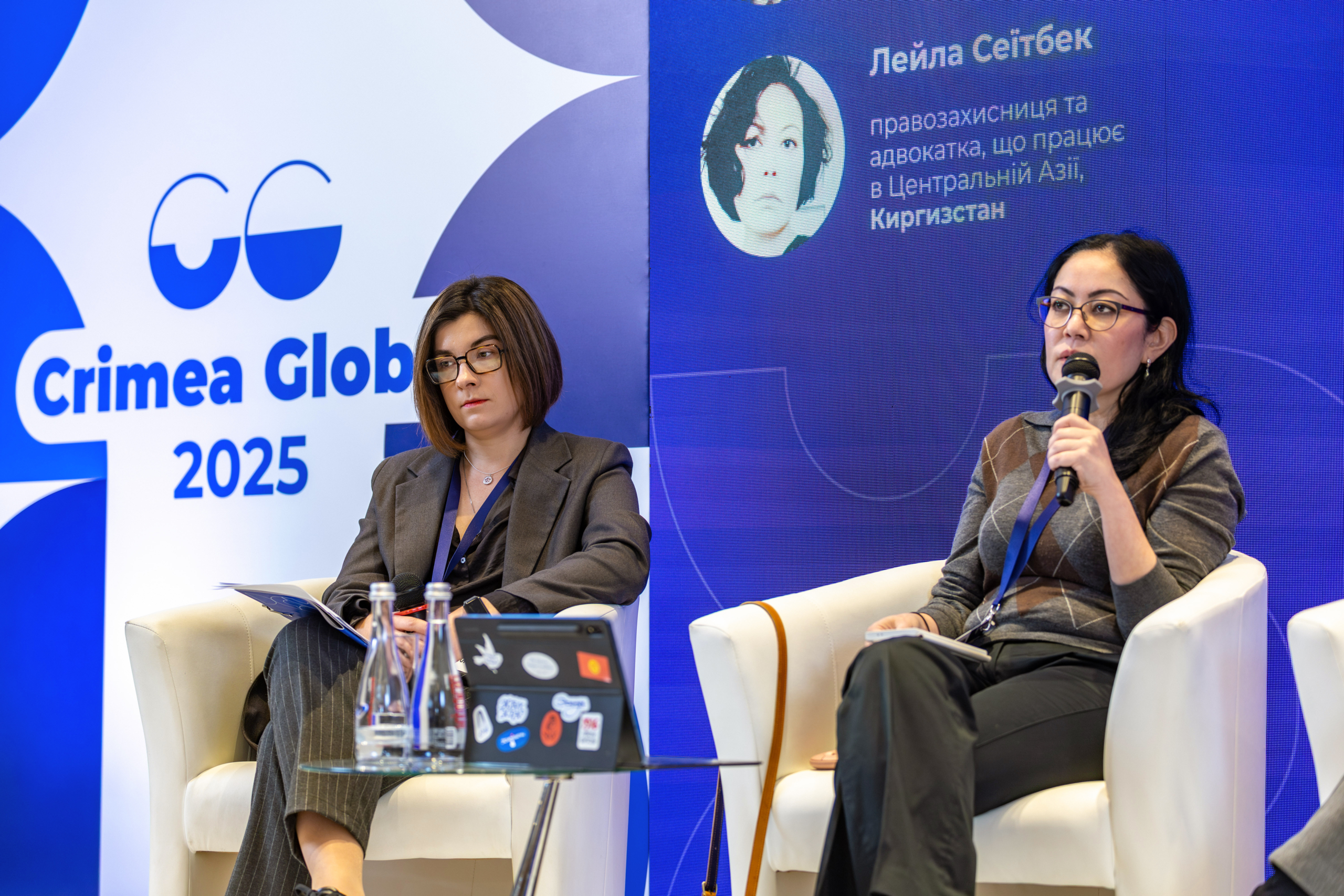
Dr. Pramod Jaiswal said that although Nepal continues to support Ukraine at the highest political level, Russia continues to try to recruit local men to fight in Ukraine. He explained that Russia lures people with promises of high salaries, visas and insurance, but “Once they arrive in Russia, they are offered a great job and then tricked into joining the Russian army“.
Russian influence is also widespread in Latin America. That is why journalist Ignacio Montes de Oca from Argentina stressed the need to combat Russian, Chinese and Iranian disinformation. He emphasised the importance of coordinating efforts to counter propaganda, disseminate accurate information and keep people properly informed about the war.
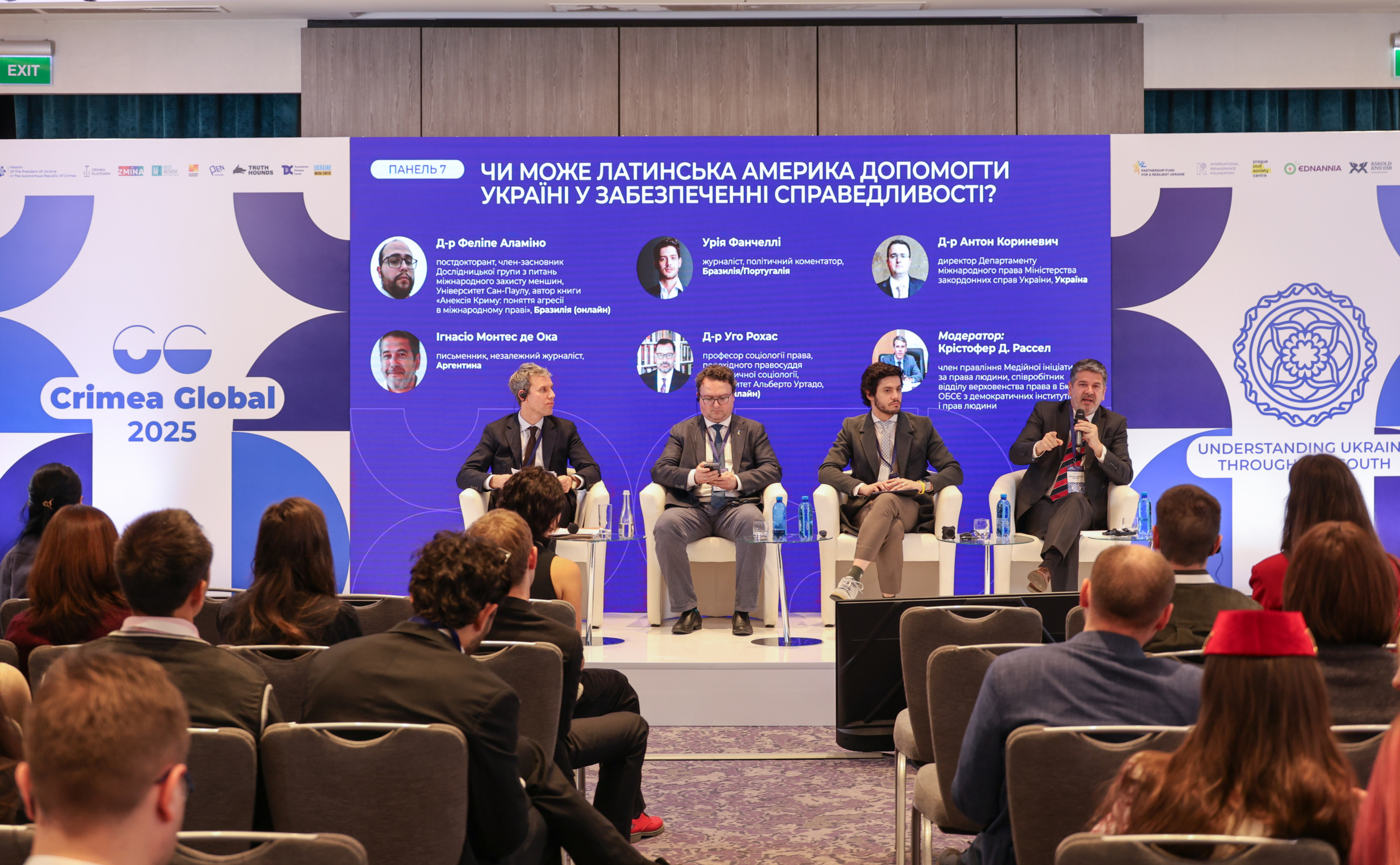
During the panel sessions, participants concluded that Russia is not only attacking its neighbours and spreading its destructive influence around the world, but also fuelling an arms race and undermining international law. As ACLED senior analyst Su Mon Thant from Myanmar noted, “We see an arms race in drones and air defence systems, but we see almost no effort to put in place control mechanisms. In the case of Myanmar, the military is deliberately targeting civilians to intimidate people and undermine support for the resistance forces. We must work together to find ways to better protect civilians“.
That is why Ukraine must resist Russian influence and cooperate with the world to close these gaps and create a stronger system of collective security and civil protection. At the same time, Ukrainian society, together with the countries of Asia, Africa and Latin America, must actively cooperate, get to know each other better and build a sustainable and peaceful world based not only on the shared experience of post-colonialism, but also on a common desire for a bright future.

As journalist Uriã Fancelli from Brazil noted in his speech, “One of the key aspects is that colonialism can establish contact, but it does not create long-term relationships. Ukraine must go beyond colonial narratives and show the world that pragmatic cooperation in various forms — in the food sector, in security, etc. — is more beneficial. We need to show the world that not supporting Ukraine will be much more costly for them than supporting it“.
During their visit to Ukraine, the international guests had the opportunity to see and feel the losses and pain of the Ukrainian people: not only through discussions and trips to different regions, but also during the commemorative evening “Memoria Orbis“. They learned about representatives of Ukrainian culture who died as a result of Russian aggression — Veronika Kozhushko, Yaroslav Levytskyi, Davyd Chychkan, and Illia Chernilevskyi. The guests met the parents, friends, and loved ones of the fallen artists and heard a message that they took home with them: “Every loss changes the world. Memory does not fill the void, but it keeps it from falling apart“.
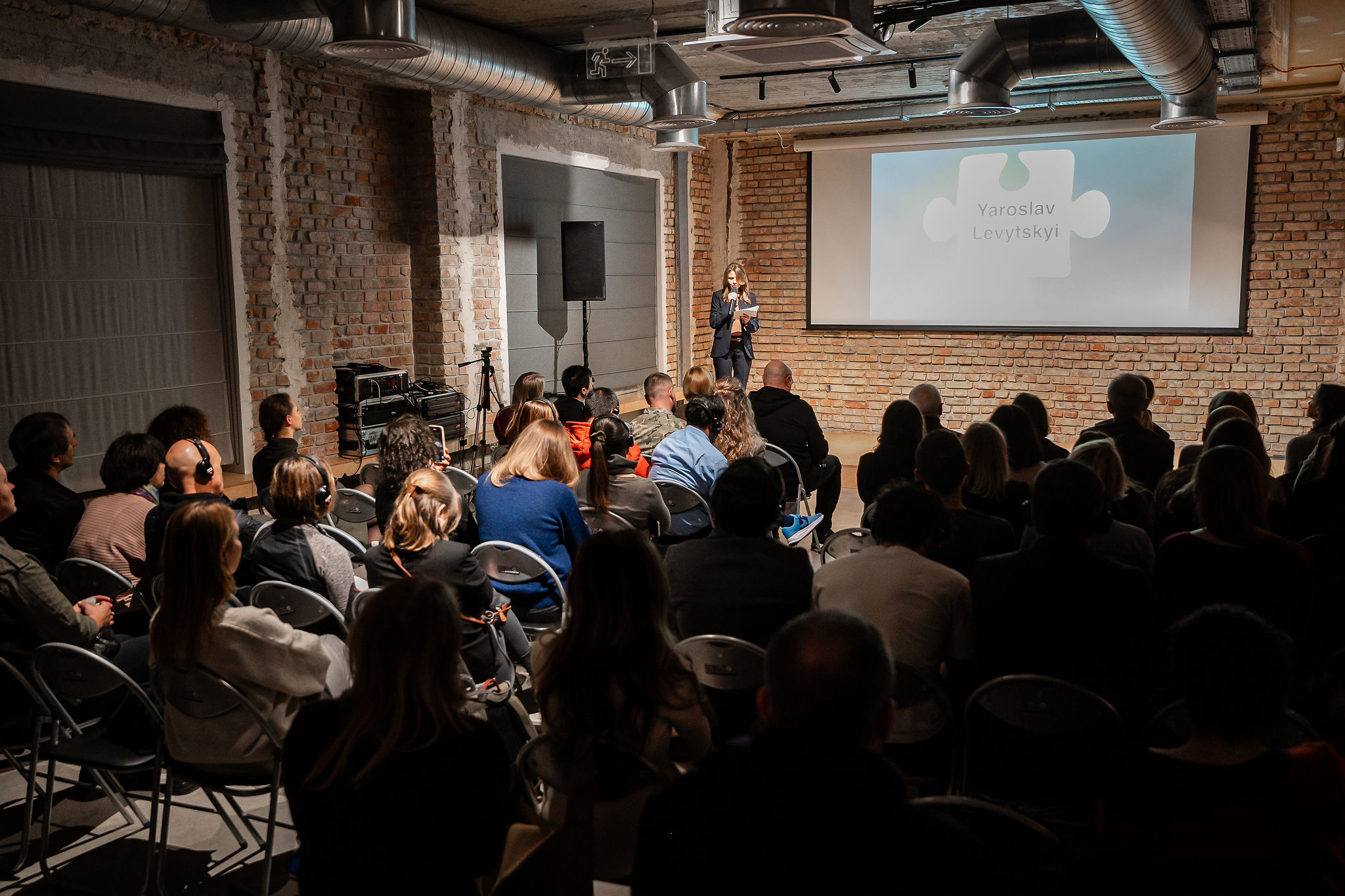
The Third International Conference “Crimea Global. Understanding Ukraine through the South” concluded with the presentation of certificates to participants. The organisers expressed their gratitude to partners and international delegations for supporting Ukraine and for strengthening global solidarity with the Ukrainian people.
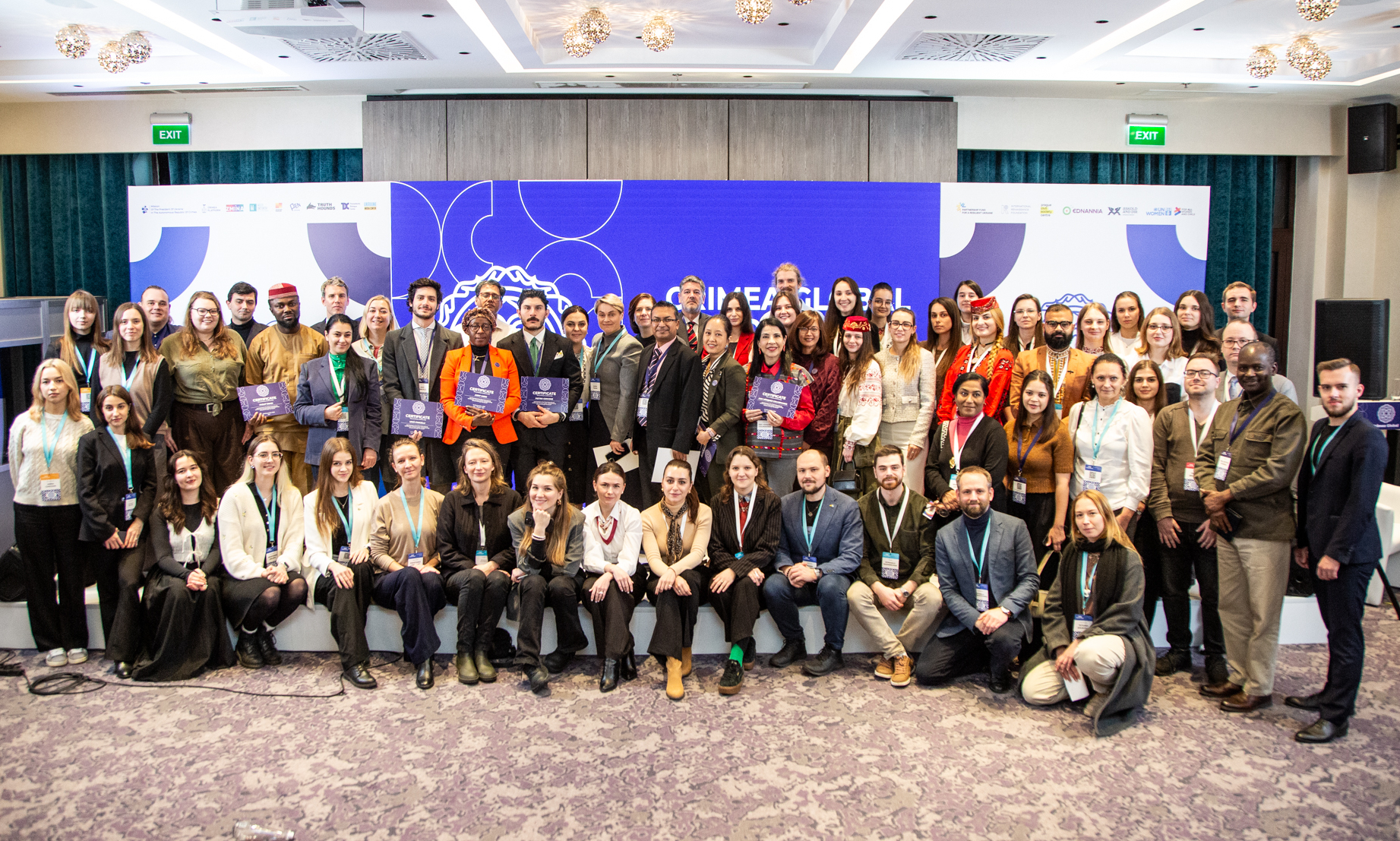
Organisers: Mission of the President of Ukraine in the Autonomous Republic of Crimea / Office of the Crimea Platform, Human Rights Centre ZMINA, Media Initiative for Human Rights.
Partners: Ukrainian Institute, PEN Ukraine, Truth Hounds, Media Centre Ukraine, Transatlantic Dialogue Centre.
The event was organised with the support of: Partnership Fund for a Resilient Ukraine, International Renaissance Foundation, Prague Civil Society Center, Askold and Dir Fund, administered by ISAR Ednannia and UN Women.
Photo credit: Mission of the President of Ukraine in the Autonomous Republic of Crimea
If you have found a spelling error, please, notify us by selecting that text and pressing Ctrl+Enter.

